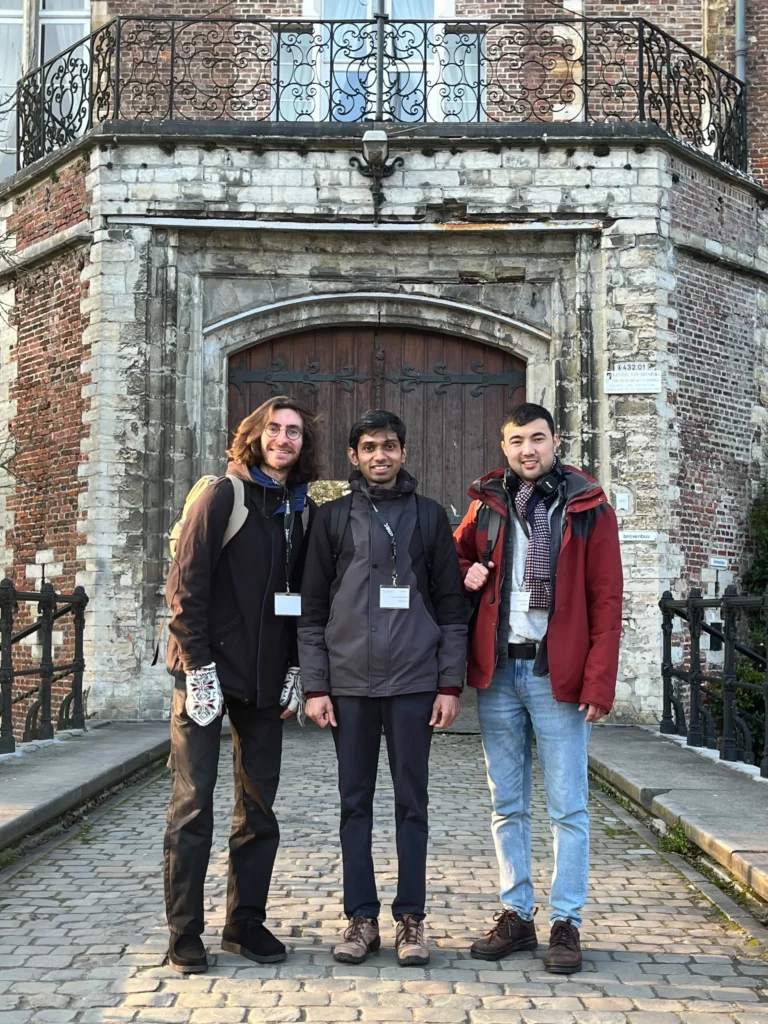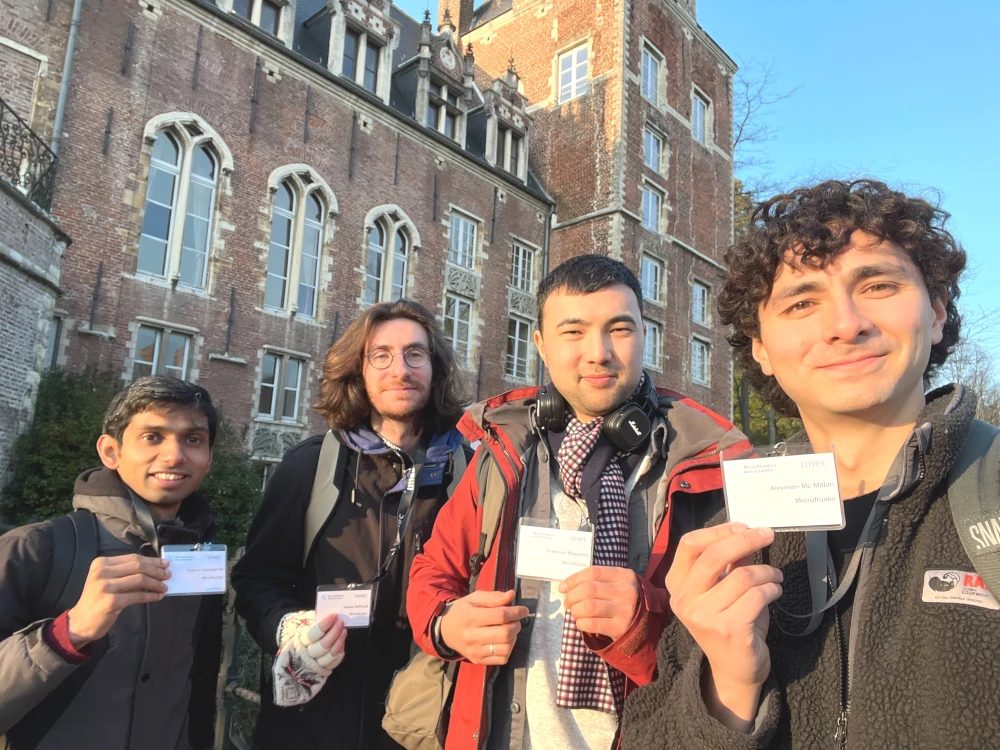Workshop on integration of sensors & electronics in microfluidics
Author
Camila Betterelli Giuliano, PhD
Date
March 7-8, 2024
Location
Leuven, Belgium
Keywords
microelectronic sensor
ISO microfluidics standards
Integration of Sensors & Electronics
microfluidics users
metrological aspects
technical capabilities
Your microfluidic SME partner for Horizon Europe
We take care of microfluidic engineering, work on valorization and optimize the proposal with you
Our Galileo technical team was in Leuven, Belgium, for the Workshop on Integration of Sensors and Electronics in Microfluidics: Challenges and Solutions, organized by the Microfluidics Association!

Here are the key takeaways from the workshop:
1) The workshop aimed at bringing together two stakeholder groups in the world of microfluidics: microelectronic sensor fabricators and microfluidics users.
2️) While gaps still exist between these two groups, progress is being made to establish common terminology and mutual understanding of technical capabilities and user needs.
3️) The past years have seen the first ISO microfluidics standards being established, namely on microfluidic device and port geometries. There is a push for further principle standards, namely on metrological aspects, for which input from the whole microfluidics community is being sought.
